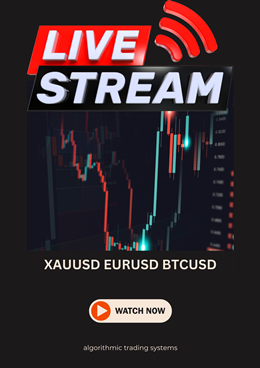For example, the producer price index negates previous editions of products, such as cars, when it is revealed that newer models are to be introduced or already have been introduced. The producer price index also negates other factors like sales, excise taxes and distribution expenses and instead includes the costs of durable goods which play a key role in production. Here are some of the most important benefits of using a producer price index:
Accurate Measuring of Inflation
People hold a sudden increase or decrease in the cost for consumer goods as a major reason for inflation in an economy. The producer price index can measure the inflation’s real growth along with the reduction in total output of an economy, while the consumer price index solely considers factors pertaining to the demand and supply in the economy. The producer price index can be utilized to minimize or eliminate the effect of consumer market inflation on alterations in price and measurements.
Rather, the PPI can be used to accurately gauge the inflation rate by taking into account the price of goods, whether that price increases or decreases and when the goods are sent for distribution.
Predictive Value on Retail Changes
As you know the consumer retail price index indicates the prices of products when they reach the marketplace. And because the producer price index gauges the cost of goods before they are released in the market, ready to be consumed, you can say that it can have a projecting value directly concerning their retail prices.
Contract Negotiations
Longer sales agreements involve escalation passages pertaining to the consequences of inflation and how it alters the markets. The PPI can significantly aid in the negotiation of those clauses due to the fact that it can correspond to an independent measurement of price alterations.
The Two Main Uses of the PPI
A Good Economic Indicator
The producer price index can identify various price alterations and changes before the goods enter the marketplace. Therefore, the PPI comes in considerably handy for the government to formulate adequate fiscal and monetary policies.
As a Form of Deflation
Producer price index can be also used to balance other economic time series for price alterations and to interpret those numbers into inflation free currency. For instance, continuous dollar gross domestic product information can be calculated using the information from the PPI.
The product price index cannot be used to calculate the standard of living or any other factor pertaining to the consumer. It takes a couple of days after the PPI is released for the CPI to be revealed. The producer price index uses a standard year in which the CPI is calculated, and each year is compared with the initial year, with the value 100 assigned to it. However, for the product price index, the base year is 1982. Alterations in the producer price index only reflect on percentages, because the minimal changes can be at times ambiguous as the initial number can be greater than 100.
What Can It Do For Investors?
The biggest advantage of the producer price index for investors is its power to forecast the consumer price index. According to the theory of producer price index, a majority of price increments that retailers experience will in turn affect the consumer. The consumer price index can provide an affirmation to this situation.
Due to the fact that the consumer price index is a good inflation detector in any economy, most investors would make every attempt to grasp any information pertaining through the producer price index. However, this comes as no surprise to the Federal Reserve and it reviews the reports keenly in order to paint a clearer picture pertaining to the future policies that will be designed to combat inflation.

 Events
Events Blog
Blog











